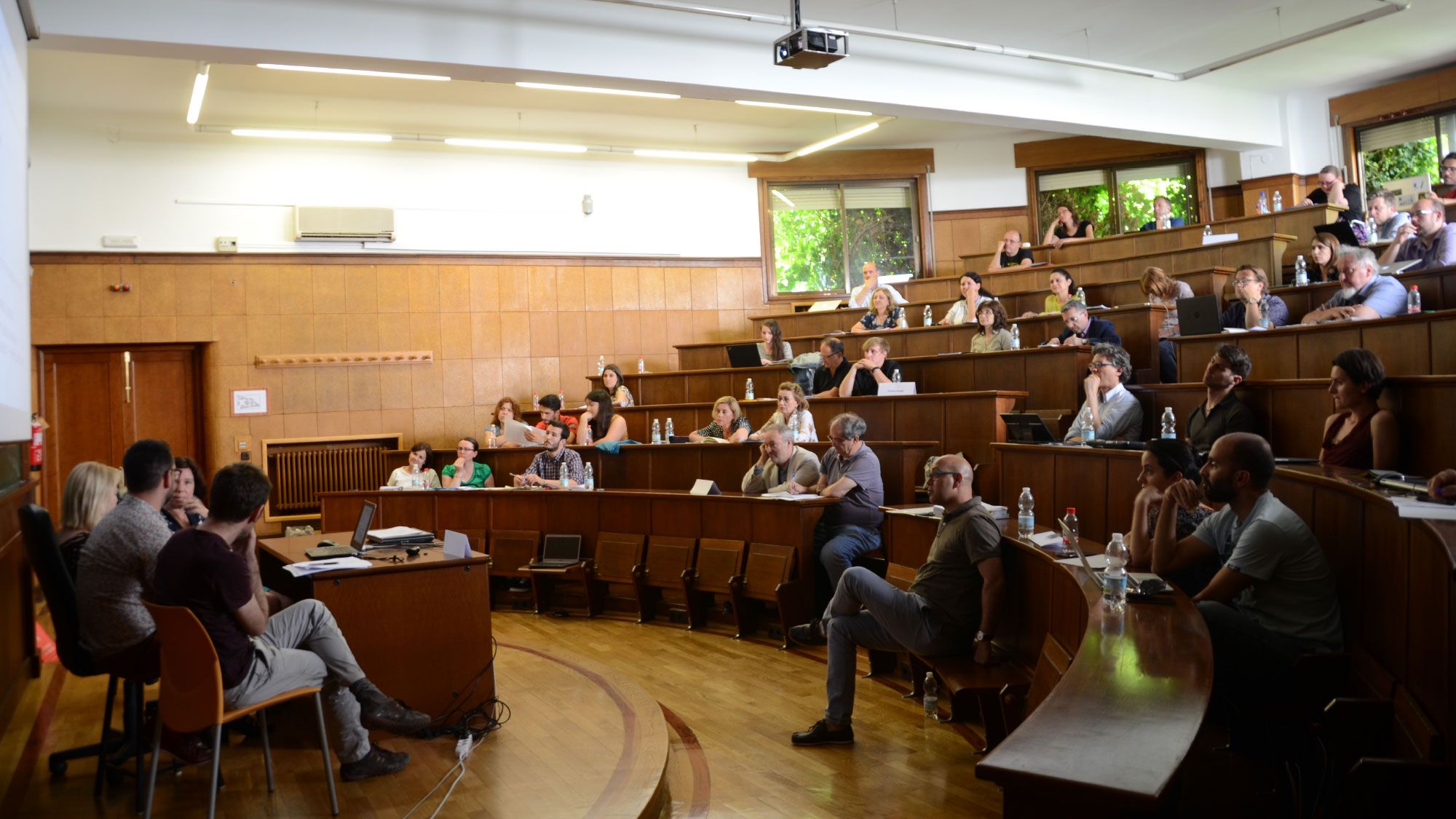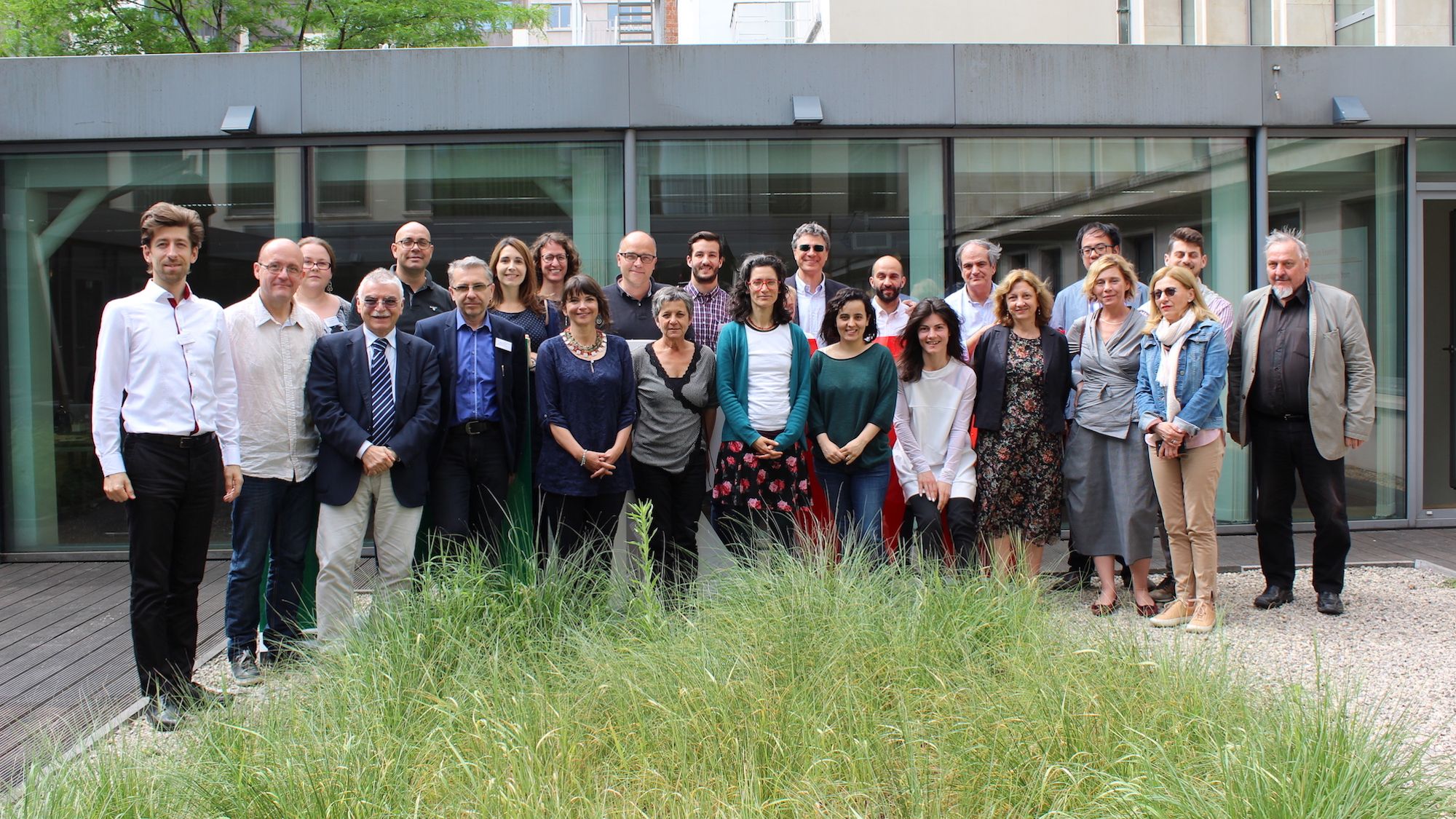Organisational vs. Occupational Labour Markets
A useful model developed in EU transition research distinguishes between occupational and organisational labour markets (Shavit & Müller, 1998; Müller & Gangl, 2003). Occupational labour markets refer to educational systems that incline to be stratified and standardized. Education is specific as well as vocational and is supposed to lead to structured labour force integration. The educational system as an external market produces different levels of qualification the labour market can rely on (cf. Shavit & Müller, 1998, p. 10). Thus, the type of education and training system determines the kind of skills these provide. Due to this fact, there is a tight coupling between the educational system and the labour market (as exemplified by ‘dual systems’ such as in Germany) and also between qualifications and labour market positions. On the other hand, organisational labour markets refer to school-to-work transitions that are less structured by education. In these systems, the matching between skills and labour market positions and in addition labour market outcomes of people entering the market depend on work experience. According to a “lower level of job-match quality” there is a “higher level of worker mobility” (Müller & Gangl, 2003, p. 111) in the beginning of careers. Employers in these systems have to invest in new entrants in labour market, in that way labour market integration can be described as gradual.
The ideal within both kinds of labour market is an optimal match of the provision of skills by the education and training systems and the demand by the respective labour market. Gangl, Müller & Raffe (2003, p. 280) distinguish between three different sets of countries within Europe channeling the young adults from the education system into the labour market: 1) vocational (dual-system or school-based) 2) general qualifications 3) low yet expanding educational attainment.
The distinction between different types of labour markets is important in assessing the impact of LLL policies across different regions in Europe for these must be compatible with the structure of the regional/local labour market and with the different types of and integration with education, welfare, economy, etc.
References
Müller, W. & Gangl, M. (Eds.). (2003). Transitions from Education to Work in Europe: the Integration of Youth on EU Labour Markets, Oxford: Oxford University Press.
Shavit, Y. & Müller, W. (Eds.) (1998). From School to Work. A Comparative Study of Educational Qualifications and Occupational Destinations, Oxford: Oxford University Press.
(Marcelo Parreira do Amaral)
























